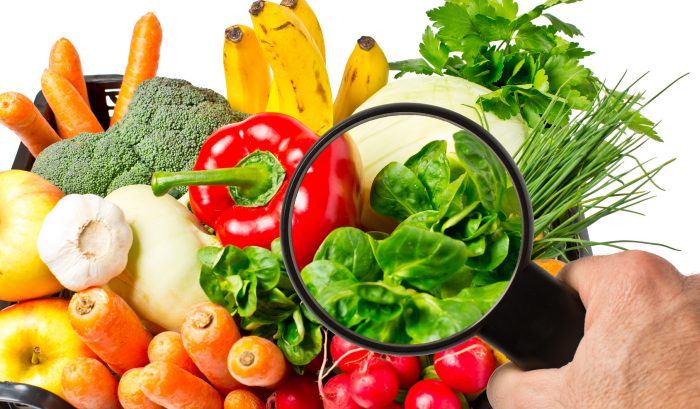Food gives us energy. It provides all essential nutrients, carbohydrates, proteins, fats in our body for growth and development. Foodborne diseases can affect anyone irrespective of age. In 2018, 7th June was announced as World Food Safety Day. Today is the third anniversary of World Food Safety Day. This year's theme is "Safe food today for a healthy tomorrow". Consuming safe food gives long-term advantages to people. This also helps in forming connections between animals, people, plants, and the environment.
COVID and food safety of packaged items
When COVID came, not much was known about it and its presence in food. Since then various food safety agencies have started assessing the risk of virus from food packaging. This COVID infection can come through respiratory droplets, aerosols from coughing, sneezing. Hence it was not considered a foodborne virus. Any kind of virus can survive at low temperatures. Freezing temperature is favorable for the virus to survive. So SARS-Cov-2 virus could survive on freezing food, but they are inactivated by cooking food at frequently high temperatures.
This virus was found to be stable at different pH values (3—10) at room temperature. It is hard to survive in the acidic pH of the stomach. This virus cannot multiply outside of its host. Thus it is unlikely to multiply or be found in food. The respiratory infection caused by this virus can get transmitted by indirect contact through the environment. It means if a person touches a contaminated surface and then touches his mouth, nose, or eyes without washing their hands.
Transmission of virus
Studies were conducted on the survival of viruses on different types of a surface under different conditions. The virus was found to survive on different surfaces for different periods. The food safety agencies don't think of the contaminated surface as the main route of transmission of the virus. Therefore it was considered that coronavirus cannot get transmitted by food packaging material, but it can transfer by touching the contaminated surface and then touching the mouth, nose, and eyes. It is very important to clean and disinfect food contact surfaces.
0.1 % Sodium hypochlorite, 0.5 % hydrogen peroxide, and 60-70 % ethanol inactivate the virus by disrupting the fatty layer that is a surrounding virus. So, COVID-19 can only be transmitted from person to person and aerosol transfer. Various workers that are into food processing establishments just need to follow proper hygiene measures by wearing appropriate personal protective equipment (PPE), masks, follow hand hygiene, and social distancing.
FSSAI
Food Safety and Standard Authority of India (FSSAI) board for safety and regulation. It protects and promotes public health through regulation and supervision of food safety. Even FSSAI believes that there is no evidence of COVID spreading through food and one should not impose restrictions on the sale of frozen and chilled food products.
Importance of food hygiene
Prevent food from germs and their multiplication.
Ensures healthy family living.
Keeps healthy and prevents extra medical expenses.
Minimizes the risk of food poisoning.
It keeps the insects and rodents out of the house.
Following proper hygiene in the workplace, helps in business growth.
Stay healthy, stay fit

 “Food safety is mandatory for all food – fresh, raw, or packaged. We need to ensure that our food is safe for consumption. There are many ways food can become harmful for us and can cause food poisoningâ€
“Food safety is mandatory for all food – fresh, raw, or packaged. We need to ensure that our food is safe for consumption. There are many ways food can become harmful for us and can cause food poisoningâ€












.jpeg)







.jpeg)





.jpg)


.jpg)



